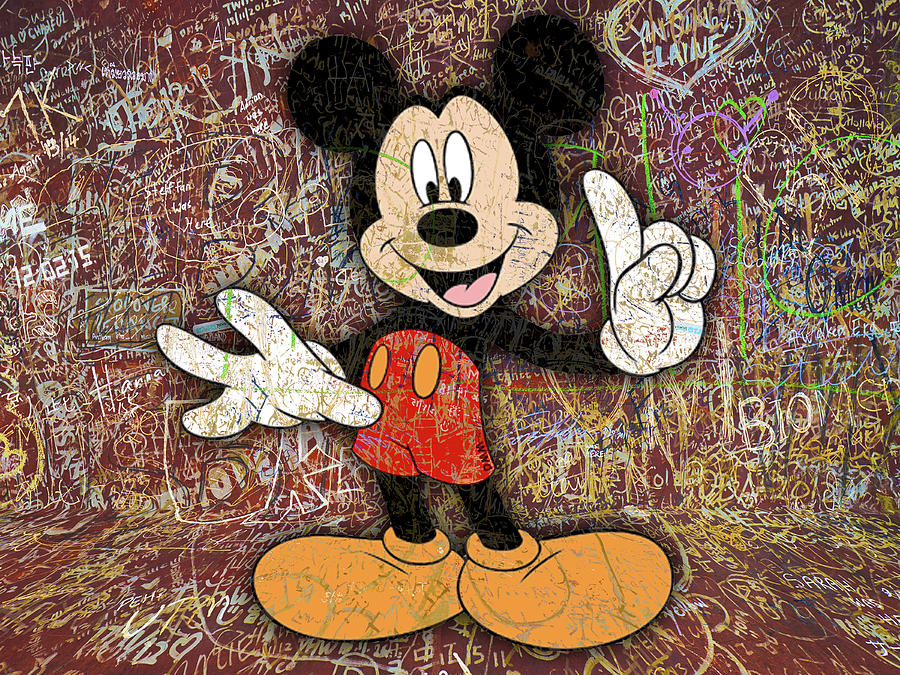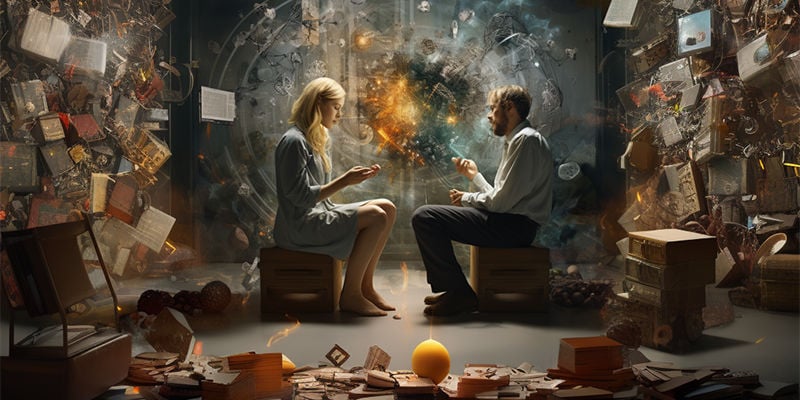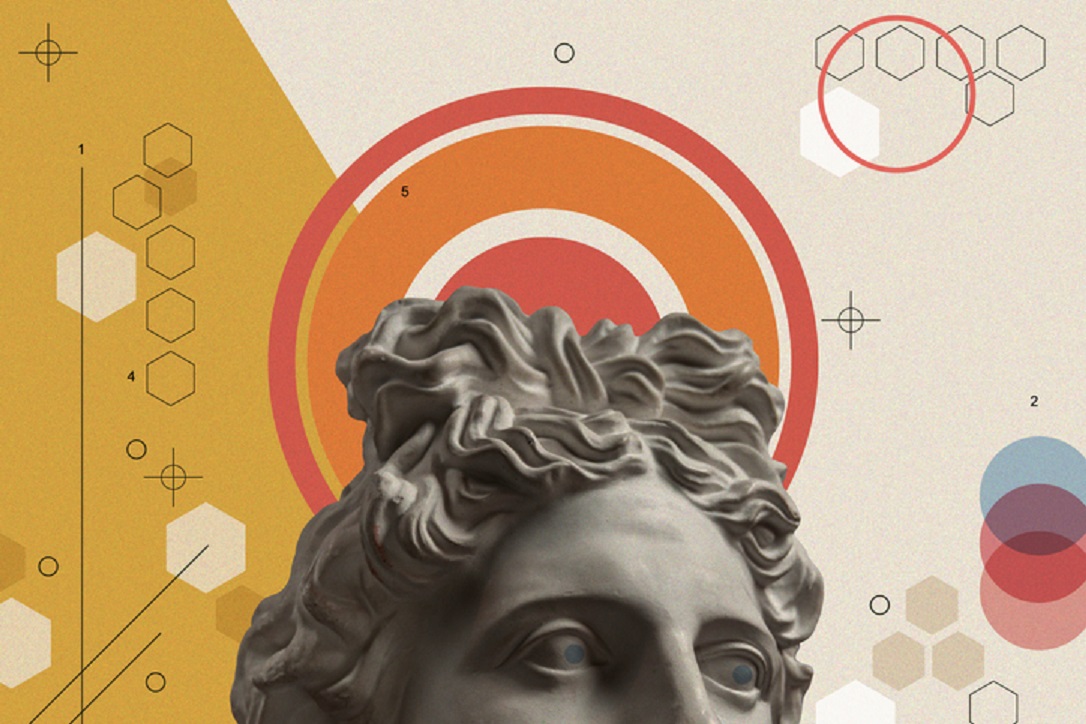The Small Picture is created by our fear of the Big Picture. Only, there isn’t any such thing as a small picture really; there is no SP in reality but we nevertheless create it (in a subjective kind of way) by running away from the BP. Through running we create the self – with our fleeing we create the flee-er, with our escaping we create the escapee, with our hiding we create the one who hides…
The SP is the picture associated with the self, therefore. There is on the other hand no self in the Big Picture, no sign or trace of it. There is no self when we are not running away from openness, in other words; there is no self when there is no attempt to escape or hide. There is no self when there is no premeditation, when there is no controlling. There is no self when there is no reaching for outcomes.
The self is the controller and the controller is the self. We could also say the self is the act of controlling (or attempting) to control – ‘me’ is an activity not an entity, therefore. We say that it is the self which does the controlling (we say that it is the self which is the cause of the controlling) but this is not true – outside of the controlling there is no self. If the controlling were to cease, then so too would the self which is supposedly carrying it out. We think that there are two things here, not just the one. We think that there is a ‘doer’ and ‘what is being done’, the ‘thinker’ and ‘the thought’, but – as Krishnamurti says – the thinker is the thought. ‘Hope creates the hoper‘.
We imagine of course that it is possible for the self to cease the activity of its controlling, the activity of its purposeful striving, and then enjoy the fruit of this controlling, the fruit of this striving. That’s the whole point of the exercise, after all! The whole point of the exercise is that the successful controller shall enjoy the fruit of its controlling, that the one who successfully attains the goal can stick around to profit from having attained it. The whole point of the game is that there is someone separate from the game who can win it…
James Carse says that there is a self-contradiction inherent in all Finite Games in that every finite game is the attempt to bring itself to a close. What else are we playing for, after all, if not to end the play? We are pressing for a conclusion the whole time, which is the conclusion of ‘winning’. We could add to what James Carse has said in Finite and Infinite Games by saying that this self-contradiction (this Finite Game) comes with a particular, highly-significant illusion, the illusion without which we wouldn’t bother to keep on playing any more.
The illusion here is that there is a self, an executive or causal agent, that exists independently of the Finite Game that we are trying to bring to an end. This is the Grand Illusion. But there isn’t any self that is separate from the playing of the game – the Finite Game is the self and the self is the Finite Game. The self can never separate itself from its painful striving no matter how many goals it attains; the Finite Game-Player can never separate itself from the finite play, no matter how many times it ‘wins’. ‘Success’ is an illusion for the simple reason that there is no one there to succeed…
Image – theartist.me






